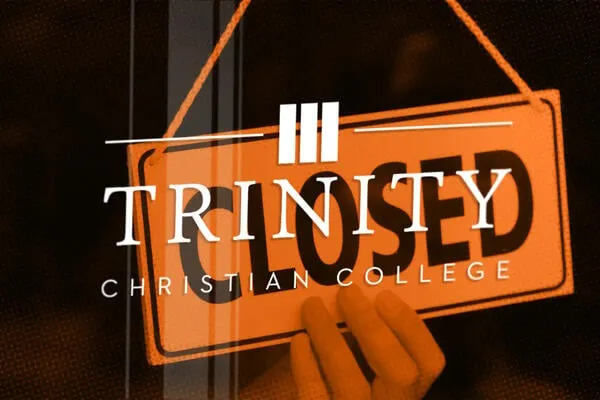As a university professor, I recently found myself in an awkward spot. I teach a large survey course called Introduction to Cultural Anthropology that enrolls some 350 students. As part of the course, I usually spend one class period every semester lecturing on the anthropology of development. This is a field in which the dominant strains have involved critiquing development projects, most frequently for two sorts of reasons: either for ignoring local cultural practices and priorities, or for exacerbating the very things that development projects are meant to ameliorate.
In the spring semester of 2025, after I had already finalized and posted the course syllabus, something unprecedented happened in the United States: the United States Agency for International Development (USAID) was dismantled by the Trump administration and Elon Musk’s Department of Government Efficiency (DOGE). From the standpoint of the standard critiques of development, some of the rationales the Trump administration provided for this unprecedented move were eerily familiar. “Musk and the Right Co-Opt the Left’s Critique of U.S. Power,” The New York Times proclaimed.
Development isn’t the only topic on which such a critique of power has suddenly shifted politically. Science, another topic on which I spend some class sessions, is similarly fraught. For a long time, many researchers in the anthropology of science argued that the values and beliefs of scientists shape the sciences. The attacks on scientific authority that began during President Trump’s first term and have intensified since amplify these very same sorts of arguments. So how do we broach these topics today, as university professors?
In pondering this question in the context of my own class, I came to view the common refrain that the right is “coopting” or “appropriating” the critiques made by the left with some curiosity and a bit of suspicion. Both of these terms carry some connotations of misuse and bad faith. Don’t get me wrong: There certainly is truth to the view that some Republican politicians in the United States have recently lifted and re-deployed arguments simply because they justify a desired end (and achieve a little trolling as an added benefit). But, educationally, “appropriation” in this context is not always a useful refrain. It sidesteps the arguments themselves by drawing pre-determined boundaries around their fair use.
Further, the view that these migrating arguments are cases of “cooptation” does not always stand up to historical scrutiny. Take, for example, questions concerning the power vested in experts. Today, the right is waging more of a battle against experts and the institutions that house them than the left. This battle is undergirded by several arguments, including claims of insufficient “viewpoint diversity” and elite capture, themselves logics that have migrated.
This battle against experts is most vociferously waged in the name of a populist view: that the people know what’s best for them. A couple of decades ago, the left was more invested in critiquing the ways that expertise was used to exert control over people who understood their own circumstances and their own needs better than many experts.
But before that, a similar argument sat at the core of the neoliberal right. The famed neoliberal theorist Friedrich von Hayek made this sort of argument against expertise as part of his case for unfettered markets, which, he argued, aggregated and responded to the locally informed decisions of large numbers of individuals better than any expert ever could. It’s also a mistake to think about the migration of these ideas in terms of a stable divide between left and right: MAGA has instilled in the “right” in the guise of the current Republican party a new hostility toward the free market while the “left” of today’s Democratic party has embraced elements of neoliberalism.
Instead of simple “appropriation,” the migration of arguments across an array of worldviews should be interpreted as zones of agreement where the depth of that agreement—superficial or comprehensive?—has to be scrutinized. Why and how are different implications drawn from these zones? This entails continuing to think about and teach these critical perspectives rather than shying away from them for fear of exacerbating the attacks they now authorize.
Ultimately, recognizing that similar critiques cross-pollinate with disparate ideological positions is an invitation to engage even more deeply with the substance of these arguments, both in the classroom and beyond.



